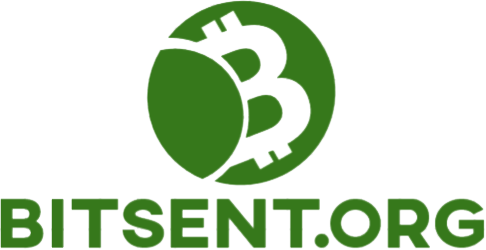Introduction
Blockchain technology has changed the digital landscape, offering exceptional transparency, security, and decentralization. For beginners eager to take a look at this transformative technology, navigating the complexity can be discouraging. Fear not, as this guide aims to provide a step-by-step roadmap for beginners looking to dip their toes into the fascinating realm of blockchain.
Understanding the Basics
Before diving into the practicalities, it’s crucial to grasp the fundamentals of blockchain. In simple terms, a blockchain is a decentralized, distributed ledger that records transactions across a network of computers. Each transaction, or “block,” is linked to the previous one, forming a secure and unalterable chain. Familiarize yourself with these basic concepts to lay a solid foundation for your blockchain journey.
Choose a Beginner-Friendly Blockchain Platform
Not all blockchains are created equal, and as a beginner, opting for a user-friendly platform can ease the learning curve. Ethereum, Binance Smart Chain, and Solana are popular choices known for their accessibility and extensive documentation. Selecting the right platform is crucial, as it will impact the tools, languages, and resources you’ll be working with.
Set Up a Digital Wallet
To engage with blockchain, you need a digital wallet. This serves as your personal interface to the blockchain, allowing you to send and receive cryptocurrencies and interact with decentralized applications (DApps). Wallets come in various forms – web, desktop, mobile, and hardware. For beginners, web wallets like MetaMask or Trust Wallet are recommended for their simplicity and accessibility.
Getting Your First Cryptocurrency
Blockchain transactions often involve cryptocurrencies, so getting a small amount is essential for hands-on experience. Many platforms providing the purchase of cryptocurrencies using traditional fiat currencies. Coinbase and Binance are reputable exchanges that provide an easy start for beginners. Once purchased, transfer a small amount to your digital wallet to familiarize yourself with the process.
Get to Know Decentralized Applications (DApps)
Now that you have a wallet and some cryptocurrency, take a look into the world of decentralized applications. DApps are blockchain-based applications that operate without a central authority. Platforms like Uniswap for decentralized finance (DeFi) or CryptoKitties for non-fungible tokens (NFTs) showcase the diverse applications of blockchain technology. Experimenting with different DApps will deepen your understanding of how blockchain can transform diffrent industries.
Learn Smart Contracts
Smart contracts are self-executing contracts with the terms of the agreement directly written into code. Ethereum’s Solidity language is widely used for creating smart contracts. As a beginner, understanding the basics of smart contracts opens the door to developing decentralized applications and participating in the growing world of decentralized finance.
Join Online Communities
Learning from others is a powerful way to accelerate your understanding of blockchain. Join online communities, forums, and social media groups dedicated to blockchain development. Platforms like Reddit, Discord, and Twitter





